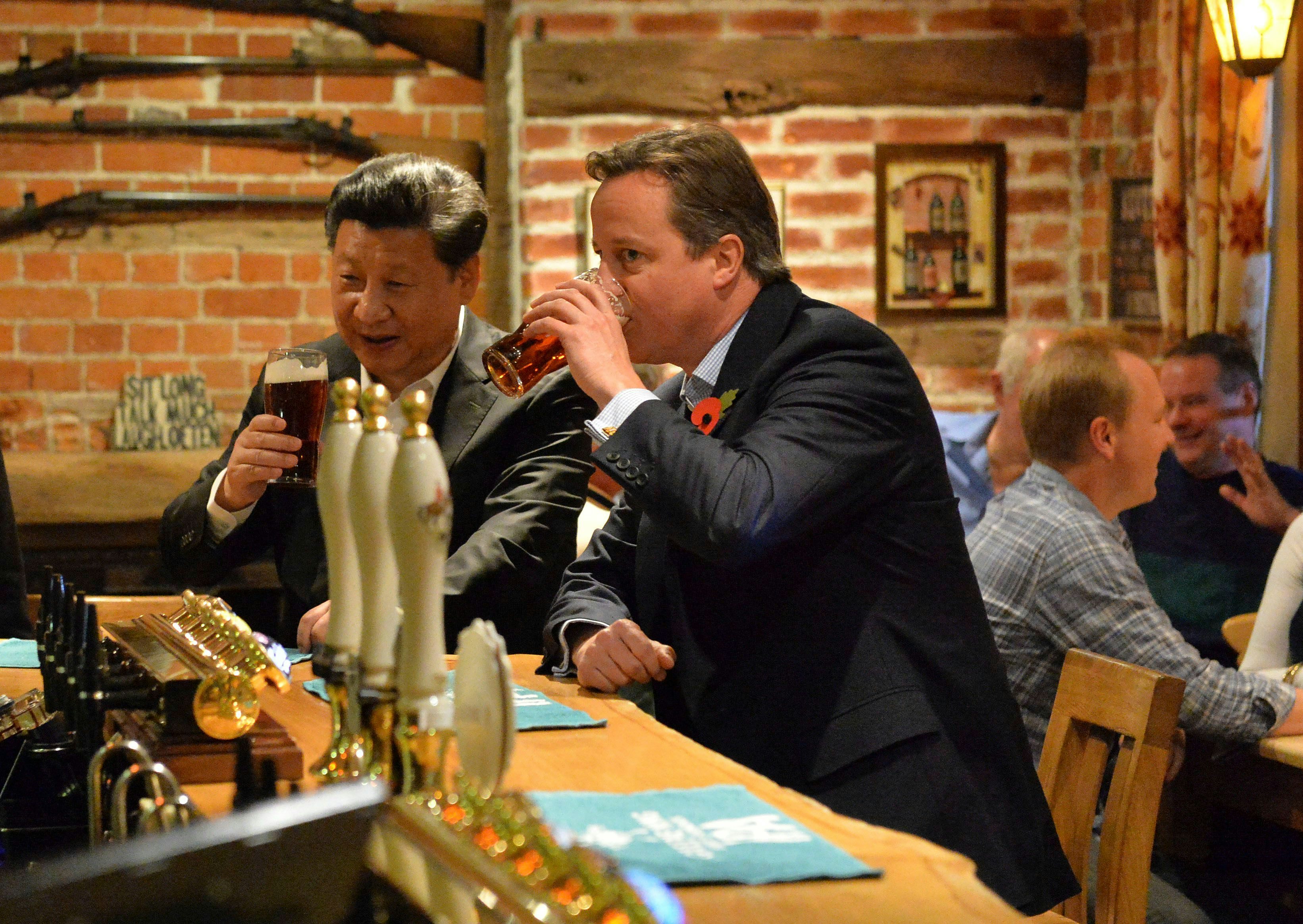CEOs of China-headquartered firms have expressed a relatively pessimistic view on the outlook of global economy, in comparison to their global peers, according to a survey released this month by the auditing firm KPMG. However, they are in general much more confident about the growth outlook of their companies.
Only 54 percent of the 125 CEOs surveyed in China is confident about the outlook of global economic growth, versus 69 percent of top executives at companies across the globe, the survey shows. On the other hand, 90 percent of them have expressed positive views on their companies' future development.
The optimism for their businesses is further demonstrated in their responses, which, for example, reveal that 97 percent of them intend to hire more people over the next year while their international counterparts have initiated a wave of layoffs.
The KPMG report, titled 2017 China CEO Outlook – Disrupt and Grow, surveyed a total of 1,261 global CEOs who operate businesses in key industries such as finance, energy, life sciences, and retail. Aside from presenting their views on economic growth, it also discloses how these leaders will embrace the fast-changing technological landscape, the uncertain geopolitical environment and a great recession on globalization that initiated by the leading Western nations.
They Largely Embrace Technological Innovation
Chinese CEOs have increasingly become aware of the opportunities and challenges that the ongoing technology evolution can bring to their businesses, with 65 percent of them (versus 52 percent in 2016) expecting that their businesses will be completely transformed by new technology over the next three years. Over 60 percent of them, thus, ranked "innovation of their products, services and ways of doing businesses" as a high priority over the next three years.
Chinese CEOs are likely to be less focused on expansion through mergers and acquisitions in the future. After years of overseas buying sprees, they've started to place more emphasis on scaling up their current businesses (60 percent), establishing partnerships and joint ventures (39 percent), and undertaking the transformation of the current business model (35 percent).
The report also points out that cybersecurity, digital infrastructure, emerging technologies and workforce training are among the areas that Chinese CEOs are willing to invest in the most.
They Are More Strongly Concerned About Geopolitical Uncertainty
After going through the Brexit Referendum, Donald Trump's presidential victory and a series of regional conflicts and terrorist events in 2016, Chinese CEOs now put "geopolitical factors" as the second biggest impact on their companies' growth over the next three years. In the previous year, this factor was ranked in tenth place.
Nearly 60 percent of the CEOs said that the current geopolitical environment has had a negative impact on their businesses, which was something that they have not seen in many years. That recognition has led more than one-third of respondents to start reassessing their global footprint.
Can They Become the Next Globalization Leaders in the Era of Protectionism?
When surveying their views on globalization, Chinese CEOs are more optimistic about the pace of globalization compared with their global peers.
“The China CEOs I’m speaking with are committed to globalization, and recognize the need to highlight the positive impacts it brings," said Vaughn Barber, Global Chair of KPMG’s Global China Practice, in a statement.
Their optimism is on par with the Chinese government's overseas investment policy, such as the "One Belt, One Road" Initiatives, which attempts to transform global trade relations.
In the survey, Chinese CEOs prioritize Asia Pacific, Central and South America and Central Asia as the top three regions for outbound growth opportunities. In addition, Australia, Germany and the United Kingdom are their answer to where they hope to expand their businesses.



